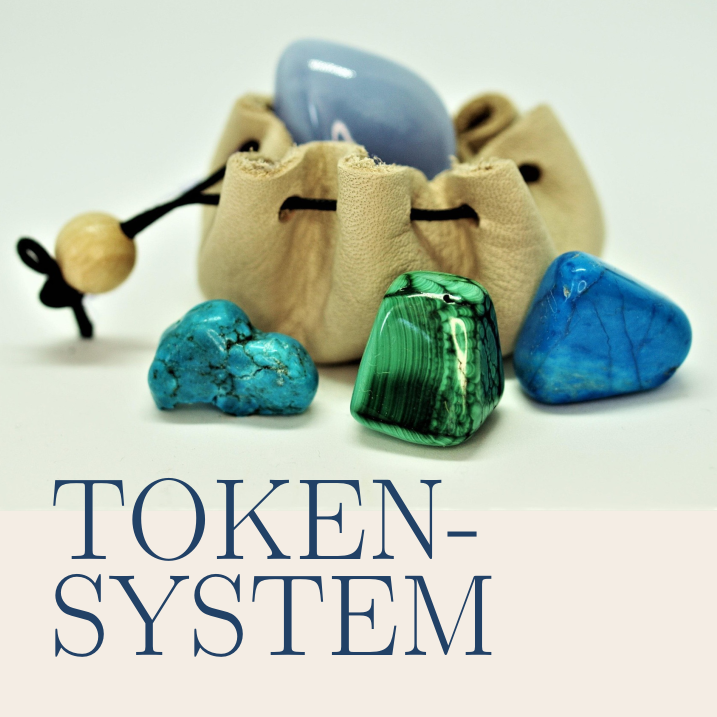Check our new E-Books for FREE! Click Here!
Eating behavior | Why eating rituals are important
Eating habits. Discover now why mealtime rituals are important for your family and how you can safely and easily incorporate them into family life.

Eating is more than just the intake of food – it is a social and emotional process that contributes significantly to a child’s development. Mealtime rituals not only create structure but also foster connections within the family, promote healthy habits, and can prevent conflicts at the dinner table. But why do some children have problematic behaviors at meal times, and how can parents ensure a harmonious coexistence?
1. Why Mealtime Rituals are Important for Children
Children need repetition and consistent routines to feel safe and secure. Mealtime rituals provide just this structure. Not only does a regulated routine convey reliability, but it also helps children to develop healthy eating habits.
- Promoting Routine: Regular meal times help structure the day.
- Strengthening Community: Shared meals promote bonding and enable valuable conversations.
- Promoting Healthy Habits: Children learn to eat slowly and pay attention to their satiety.
- Emotional Security: Clear rules at the table provide stability and prevent power struggles.
7 Steps to a Successful Token-System
Download2. Understanding Eating Habits: Every Child Eats Differently
Not all children exhibit the same eating habits. Some love new flavors, while others categorically refuse unfamiliar dishes. It’s important for parents to show patience and not take the behavior personally.
- Periodic Rejection: It is normal for children to reject certain foods during specific developmental stages.
- Slow Eating: Some children eat slower because they pay more attention to the taste.
- Selective Behavior: Some children are “picky” and prefer certain textures or colors.
Practical Tip: Instead of applying pressure, parents should demonstrate serenity. Offer your child a selection of healthy foods and accept that it takes time to try new things.
3. Common Challenges at the Dinner Table
Mealtimes can quickly become a conflict zone. Power struggles, distractions, or unhealthy habits can disrupt family peace.
Typical Problems and Solutions:
- Problem: Your child is constantly standing up or fidgeting.
Solution: Introduce clear rules, e.g., “We stay seated until everyone is finished.” - Problem: Your child only eats unhealthy foods or refuses vegetables.
Solution: Make healthy foods more appealing, for example through creative cooking methods or shared cooking activities. - Problem: Your child is playing during mealtime.
Solution: Minimize distractions (no toys or screens at the table) and create a calm atmosphere.
4. What Successful Mealtime Rituals Look Like
A mealtime routine doesn’t have to be complicated. It’s about creating habits that work for your family.
Examples of Simple Rituals:
- Fixed Meal Times: Stick to regular times to support your child’s rhythm.
- Introduction: Start the meal with a brief ritual, such as a song, a round of thanks, or a quiet minute.
- Conversations: Use the time at the table to discuss positive topics. Avoid stress or arguments.
- Participation: Let your child help set the table or prepare the meal. This promotes responsibility.
5. Dealing with Picky Eaters
Children who are picky or eat little can often be a challenge. It’s important here to take the pressure off.
Tips for Dealing with Picky Eaters:
- Always offer a familiar dish, alongside new or disliked foods.
- Keep the portions small to avoid overwhelming your child.
- Praise your child when they try something, even if it is just a single bite.
- Avoid punishments or rewards in the form of food to prevent creating an emotional relationship with food.
6. Promoting Healthy Eating Habits
A balanced diet is the foundation for your child’s physical and mental development. It’s not only about what your child eats, but also how they eat.
How Parents Can Encourage Healthy Eating Habits:
- Be a Role Model: If you yourself eat a balanced diet, your child will emulate it.
- Avoid snacks close to meal times to ensure your child is hungry.
- Introduce a colorful variety of foods and playfully explain to your child why they are important.
7. Serenity is the Key
Children develop at their own pace, including in their eating habits. Having a balanced view of your child’s diet and eating habits can help prevent unnecessary stress. Your goal should be to instill a joy of eating in your child – not perfection.
Important
Mealtime rituals are valuable tools to instill structure, community, and healthy habits in your child. With patience, creativity, and a positive attitude, you can make meals a relaxed and connecting part of family life.
Token-System – Reward-System
A token system is a method of positive reinforcement designed to encourage desired behavior in children. The basic idea is simple: A child receives a *symbolic reward* – a token – for a specific behavior. This token can later be exchanged for an actual reward. The system has its roots in behavioral psychology and has been successfully used for decades in schools, therapy settings, and families.
Check it out for FREE!


